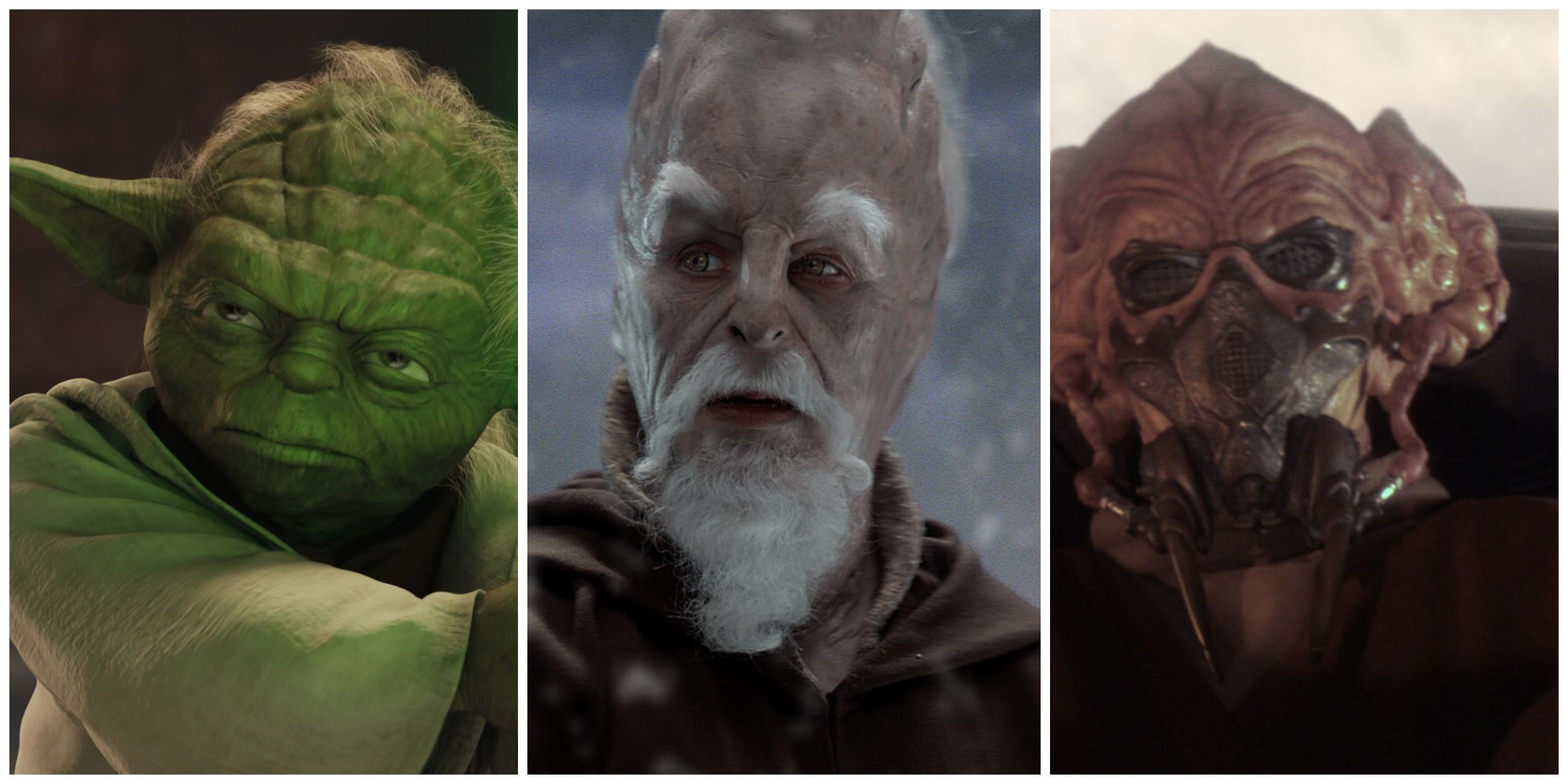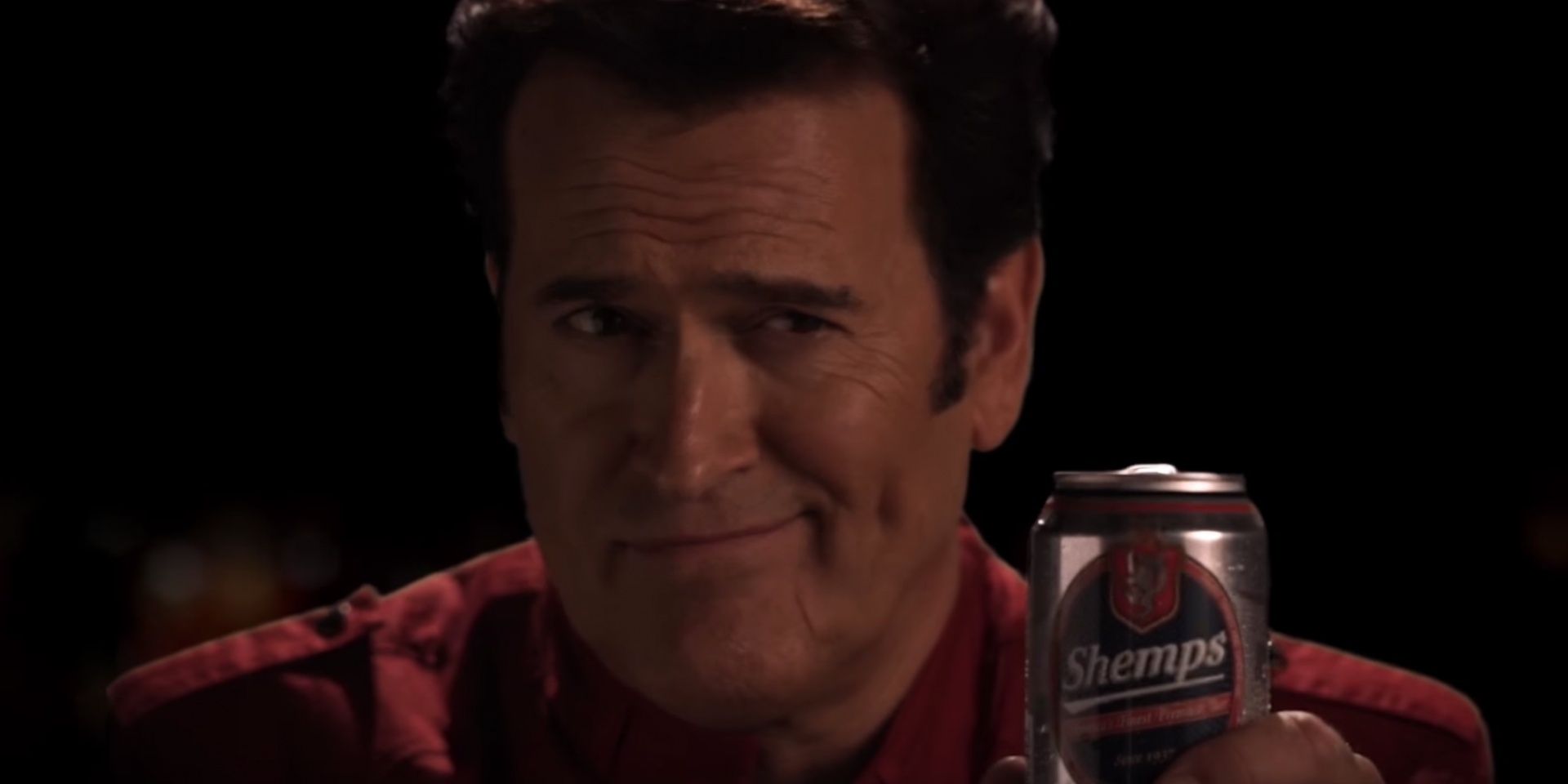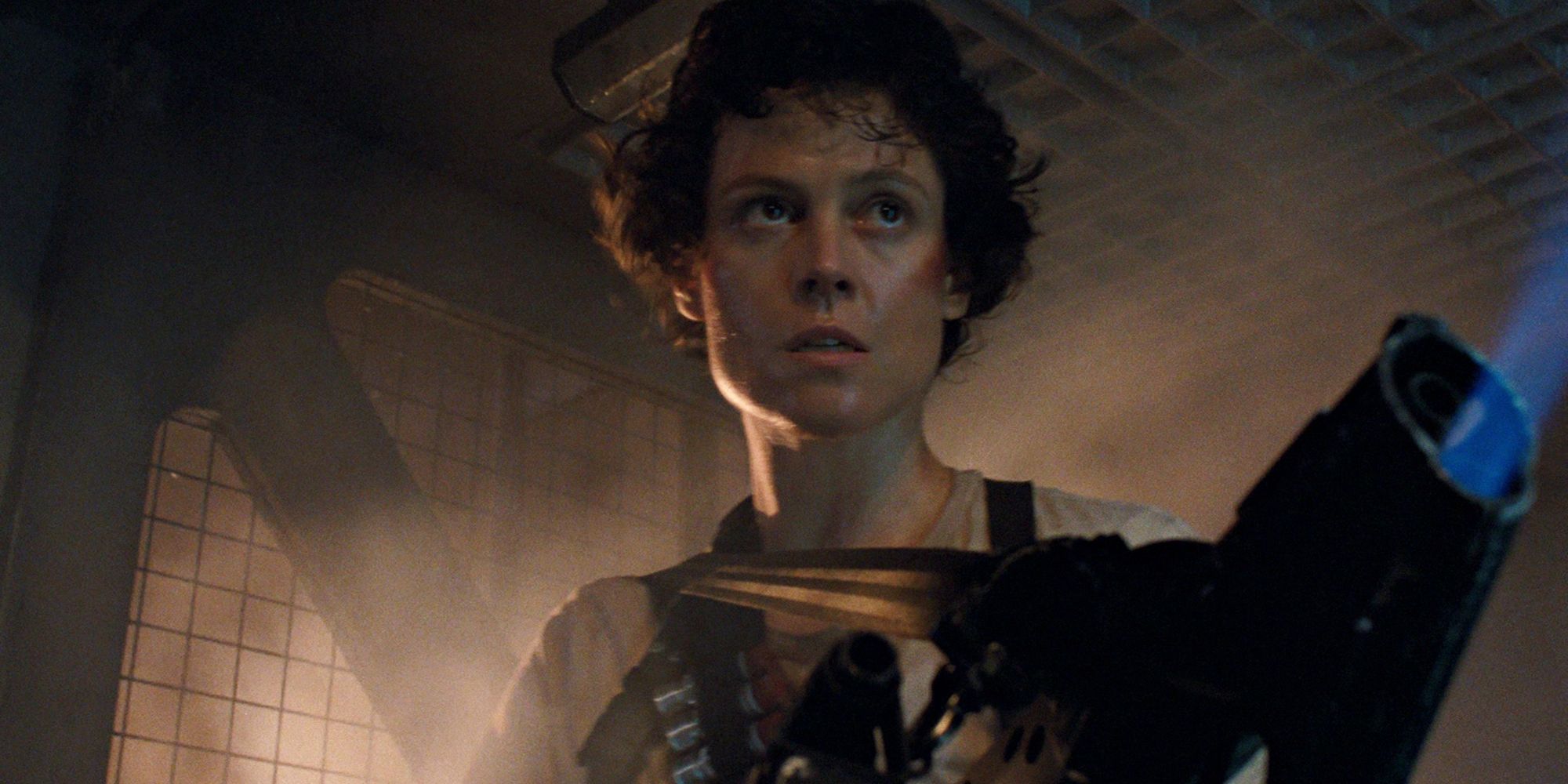In the modern era, most big films that make it to the screen do so with some huge names on the poster, whether they're real or fictional. While this gets more viewers into more seats to see the movie, it also ruins most of the mystery that could form a new franchise.
More and more cinema has been turned over to the trustworthy hands of marketable IP, trusting stuff audiences remember to sell the project on their own. The fault for this movement belongs wholly to the studios, but a little ambiguity can be the spark that lights a fire and creates something memorable.
The protagonist of a work of fiction informs so much of the direction of the narrative. Most modern blockbusters have the protagonist on every poster and in every advertisement, often with the character's name in the title. Sequels, spin-offs, and remakes are extremely common in modern Hollywood and most of them lack the ability to shock in the grand details. Viewers generally know the perspective character of a story from the moment the story begins, but that isn't always the case. Deliberately tricking the audience or leaving the main character ambiguous until the film's climax is an excellent way to subvert expectations, keep audiences on their toes, and give equal time to the ensemble cast.
Horror movies are the main venue for this unique narrative frame. Ellen Ripley is just one of the seven crew members aboard the Nostromo. She's not in charge, she doesn't have the most lines, and she's not on the initial boarding party who picks up the xenomorph. Dallas is the captain, Parker probably has the most dialogue and Kane is the one hosting the eponymous alien. The first inclination that Ripley might be the central protagonist comes when Dallas, Kane, and Lambert return from their spacewalk.
Ripley is the one insisting that they must follow quarantine procedures, but she's overruled. Later, she's the one who discovers Ash's secret conversations with Mother, and she is almost killed for it. Ripley is almost always right, and she's clearly capable, but the thing that leaves her the main character is the fact that she survives when everyone else doesn't. The fact that she isn't just the chosen one or the unquestioned boss at all times makes her more interesting. All this serves to make her a more compelling character when she takes over as an action hero in Aliens.
Alfred Hitchcock's Psycho uses a similar concept with different execution to achieve a different effect. The first act of the film follows Janet Leigh as Marion Crane, but, her sudden murder takes her out of the leading role. Vera Miles as Lila Crane appears out of nowhere and becomes the protagonist. Lila isn't built up by the decision to hide her involvement until partway through the story. Instead, this film builds up Marion as the main character to make her abrupt death much more shocking. This works in and out of the narrative. Leigh was a bigger name than Miles, so audiences likely expected to see more of the more famous actress. It is hard to imagine a studio horror film killing off a star to put out a new potential favorite, no matter how powerful the moment could be.
Evil Dead might be the best example. The 1981 original was made on a tiny budget with largely unknown talent. Bruce Campbell is now inextricable from his role as Ash Williams, but that character isn't the one fans know in the first film. Audiences who somehow knew that Campbell has a producer credit on the film may have known he'd be the last survivor, but it didn't seem that way on-screen until the end. That decision impacted the 2013 remake by Fede Alvarez. That film plays with audience expectations by putting one character in a similar outfit to Ash's original garb while giving another character all the hero shots and narrative weight. By the end, the first person to get possessed turns out to be the last survivor in a deliberate subversion of the original formula. This serves both purposes by keeping audiences guessing and making the protagonist's struggle more real.
The main reason more films don't use this technique is marketing. Studios want the audience to know who the hero is from the first trailer. They have to be an existing marketable character, the biggest star in the cast, or a character with the potential to come back. Hollywood's studios focus on profit and marketability to the detriment of the art and everyone knows that, but one of the most interesting things about cinematic hegemony is how it renders art predictable. The surprise protagonist technique isn't always necessary, but it is an interesting narrative gamble. Movies don't always have to subvert expectations, but if everyone already knows the rules artists are trapped by, it isn't much fun to see play out.






